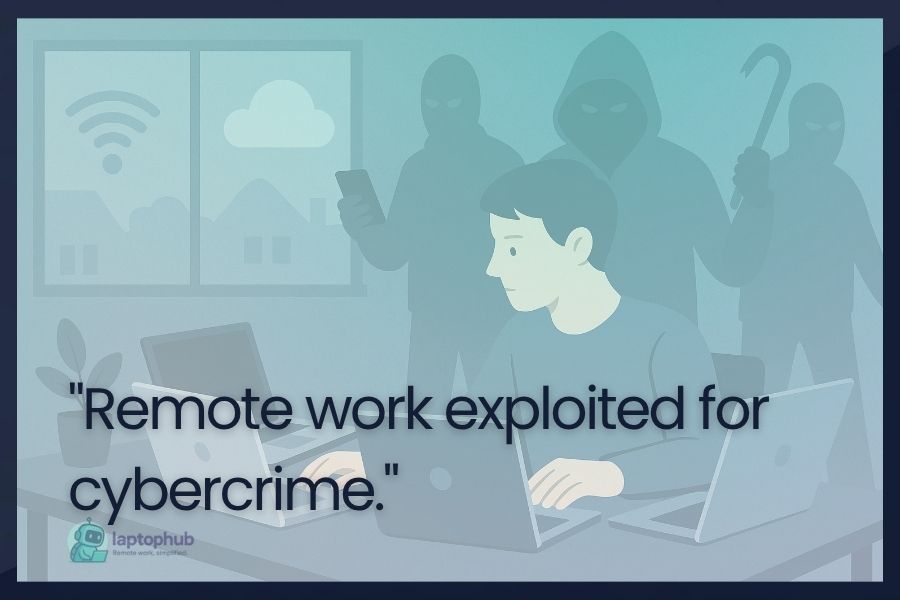According to a recent investigation by The Wall Street Journal, North Korean operatives have been quietly infiltrating U.S. companies by posing as legitimate remote tech workers. Through a network of so-called “laptop farms” managed by unsuspecting Americans, they secured jobs at over 300 firms across sensitive industries. This includes media, tech, and defense, collecting more than $17 million in payments.
The role of unwitting accomplices
Central to this scheme was Christina Chapman, a 50-year-old American who, facing financial hardship, was recruited to operate a “laptop farm” from her home. Unaware of the true nature of her clients, Chapman set up over 90 laptops, installed remote access software, and managed communications and payroll logistics.
Her involvement facilitated the North Koreans’ deceptive integration into U.S. companies. Following an FBI raid in October 2023, Chapman pleaded guilty to wire fraud, identity theft, and money laundering in February 2025, and now faces a potential sentence of over nine years in prison.
Implications for remote work security
This incident underscores significant vulnerabilities in remote hiring practices. The exploitation of gig economy loopholes and advanced AI tools by malicious actors necessitates a reevaluation of current verification protocols.
Companies are urged to implement stringent identity verification processes, conduct thorough background checks, and maintain vigilant monitoring of remote access activities to safeguard against such infiltrations.





